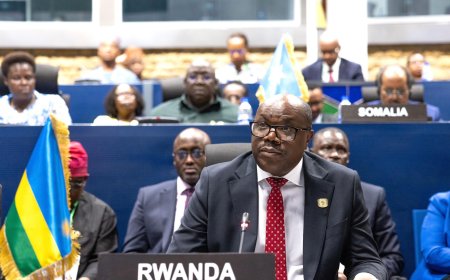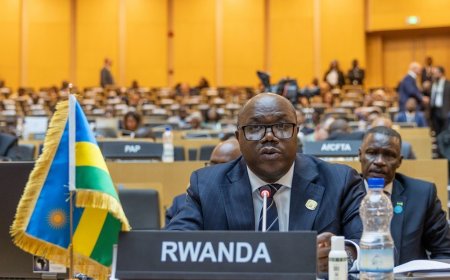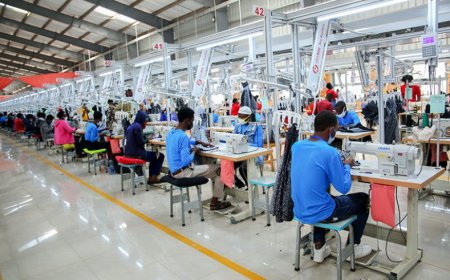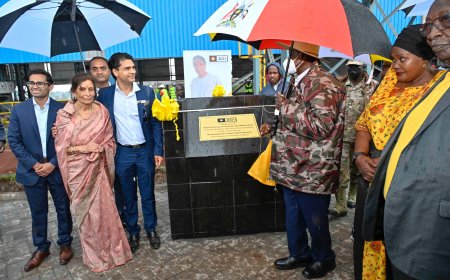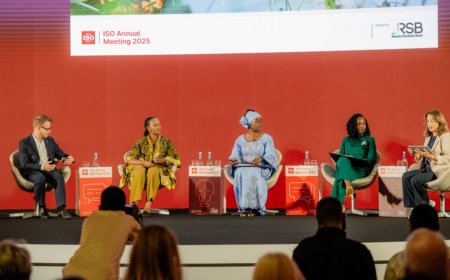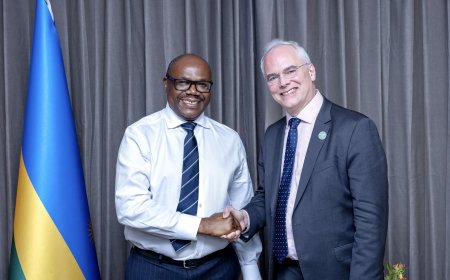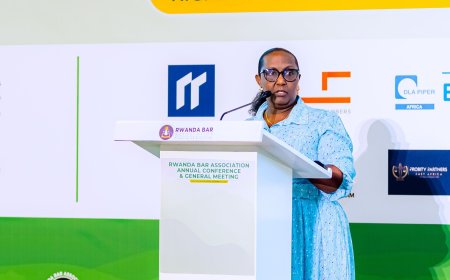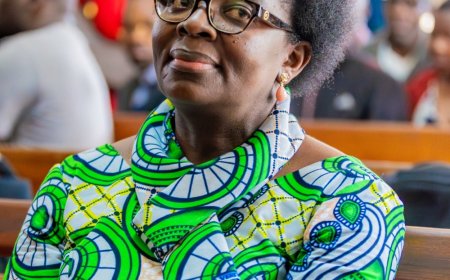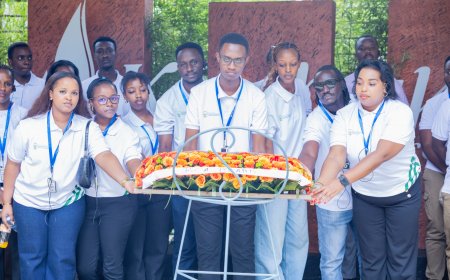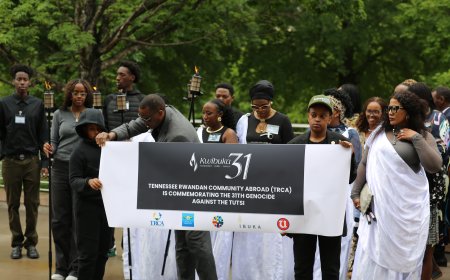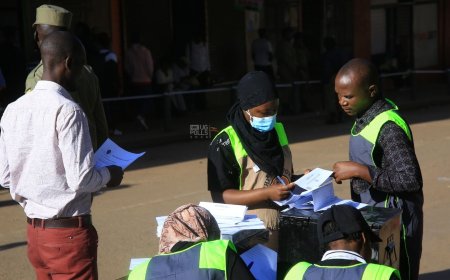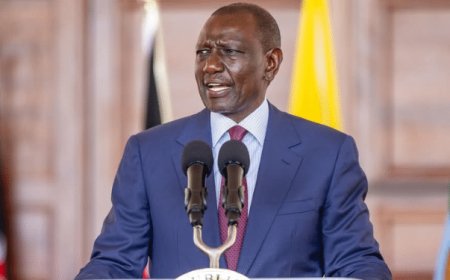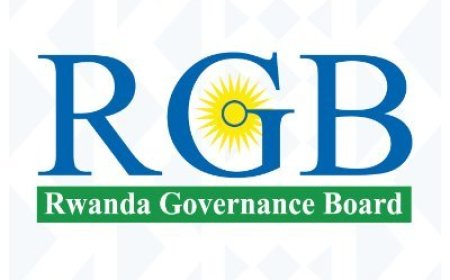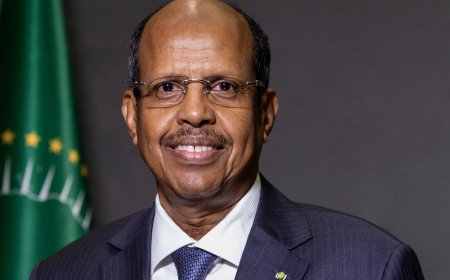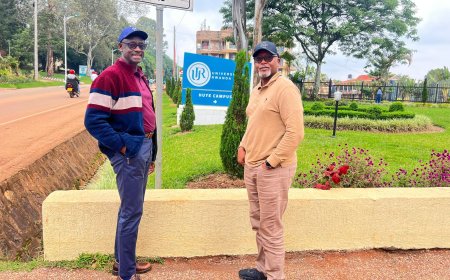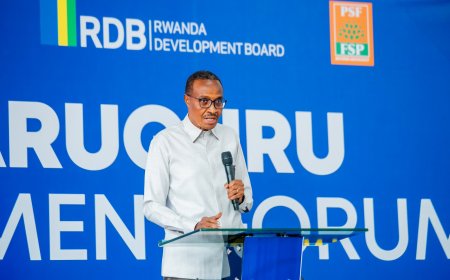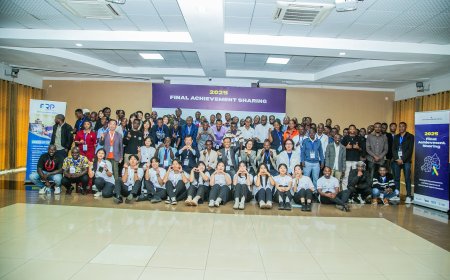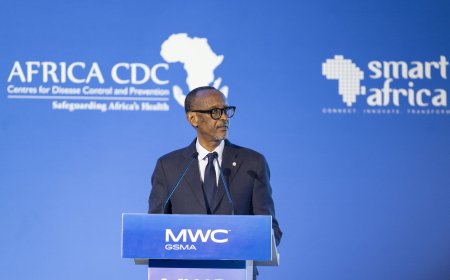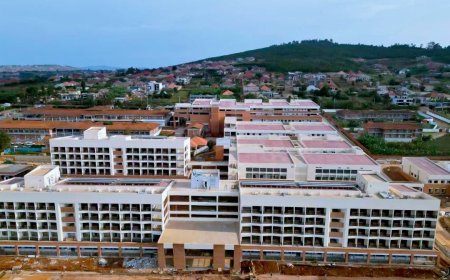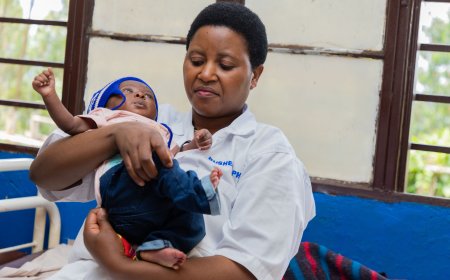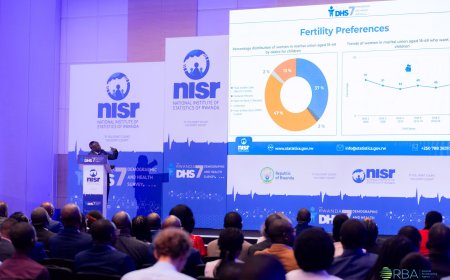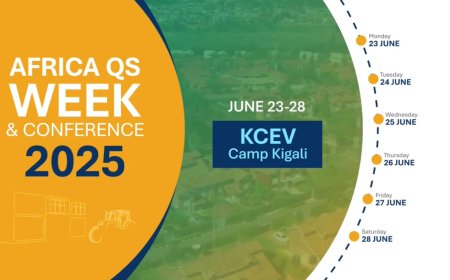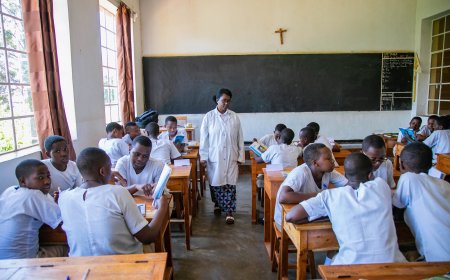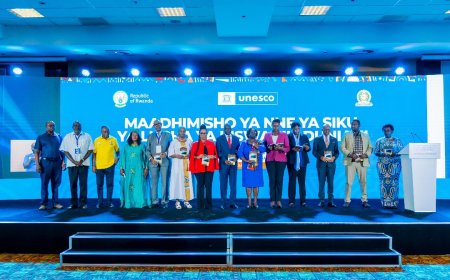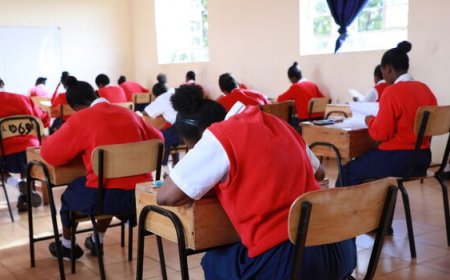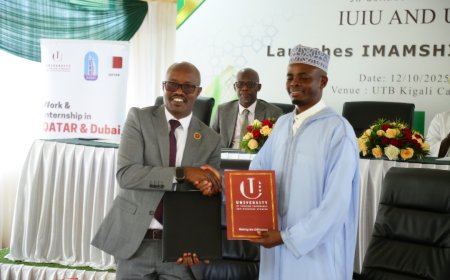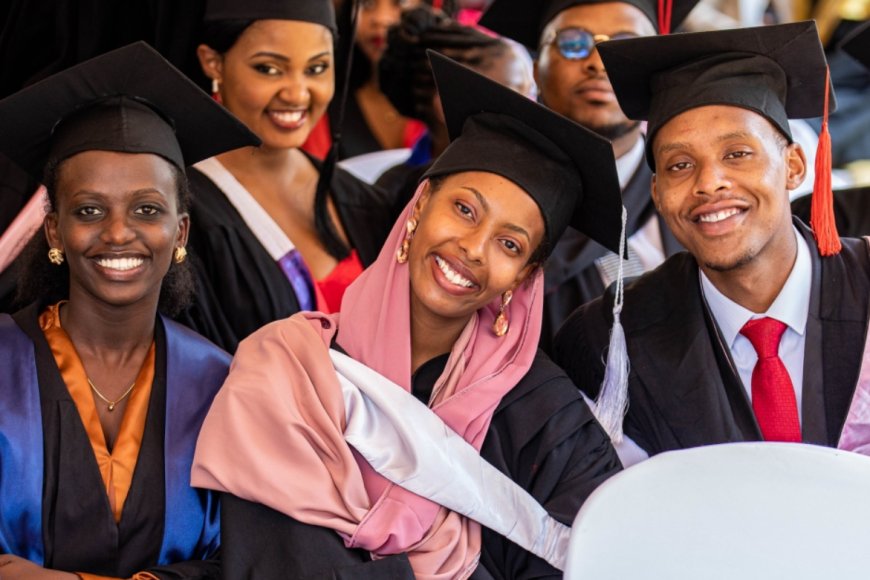
How the University of Rwanda intends to become self-financing at 63 percent
In order to continue supporting education, research, and innovation, the University of Rwanda (UR) is putting into practice a funding model that focuses on expanding its sources of income in order to reach 63% self-financing in the next four years.
This move comes after Prime Minister Edouard Ngirente called for changes to UR's financial model in November 2022.
UR intends to lessen its reliance on state funding because of the little government budget allotted to the university's six colleges.
The university's state budget allocation was reduced by 50% from Rwf26 billion in 2013 to roughly Rwf13 billion in 2015-2016, resulting in a financial catastrophe.
Due to UR's inadequate funding, it has been unable to carry out programs, pay employees on schedule, and provide high-quality infrastructure and education.
In order to alleviate the problem, the government stepped in and provided Rwf17 billion between 2016 and 2017. Rwf36 billion in 2018–2019 and Rwf48 billion in 2019–2020 were the subsequent increases in allocations.
However, in the fiscal year 2023–2024, this fell to Rwf33.8 billion. Currently, 57% of UR's budget comes from government grants.
According to Acting Vice Chancellor Didas Kayihura Muganga, UR aims to become more financially independent by growing its entrepreneurial endeavors, applying for research funding, and working with industries.
According to him, the goal is to cut this reliance to 37% within the following four years.
He pointed out that in order to finance its research, innovation, and courses, the institution must diversify its sources of revenue.
"In order to guarantee resource diversity for the university, we have been developing a [new] finance model. Funding from the government alone is insufficient. This entails pursuing research funding and forming alliances with other academic institutions," he stated.
Additionally, Kayihura stated that UR Holding Group, a profitable company that is entirely owned by the university, will increase its self-financing status by generating income.
The company's activities have extended to include 79 projects, including fishing, agricultural, medical treatment, hiring public servants, commercial services, and hospitality. Initially, the company concentrated on health services like dental care, imaging, physiotherapy, and laboratory services. Printing services and polyclinics are further endeavors.
"UH Holding Group has to contribute to the university's mission by generating revenue and fostering partnerships that enhance educational and research opportunities," Kayihura stated.
The performance of the University of Rwanda has received acclaim on a global scale. In the 2024 Times Higher Education rankings, it came in sixth place among universities in Sub-Saharan Africa.
Five criteria served as the basis for the evaluation: financial resources, equitable access, student involvement, ethical leadership, and the influence of Africa.
"Universities should also become entrepreneurial in attracting funding," stated Tristan Horlick, Regional Director for the Middle East and Africa at Times Higher Education, during the Universities' summit held in Kigali from March 18–20.
"University of Rwanda should continue excelling in areas such as resources, research partnerships, and African impact," he stated.
Working together with industries to secure funds
According to Higher Education Council (HEC) Director General Edward Kadozi, university research funding is crucial.
"A large number of African institutions continue to depend on meager government support. We urge academic institutions to look into companies for funding through cooperation, particularly in programs involving research and innovation. Industry competitiveness may be enhanced by this innovation, according to Kadozi.
In order to improve their capacity to raise money outside of Rwanda and Africa, he also emphasized the necessity for universities to collaborate with foreign organizations.
Kadozi also discussed the disconnect between market demands and academic education, pointing out that many programs do not meet industry standards. Inequality and unemployment increase as a result of this divide.
"The education system needs to be updated to reflect the evolving economic landscape and the skills required in the job market," he stated.
According to him, institutions must have steady funding in order to modify their curricula and better prepare their students for the workforce.
According to Jean Nsengimana, the minister of education, universities should be viewed as important engines of creativity, resilience, and economic progress. He urged for radical changes in higher education.
"These organizations need to develop as independent contributors to international research and academia. In order to provide programs that are applicable to the labor market, improve employability, and encourage innovation in important fields, universities must work with businesses, he stated.

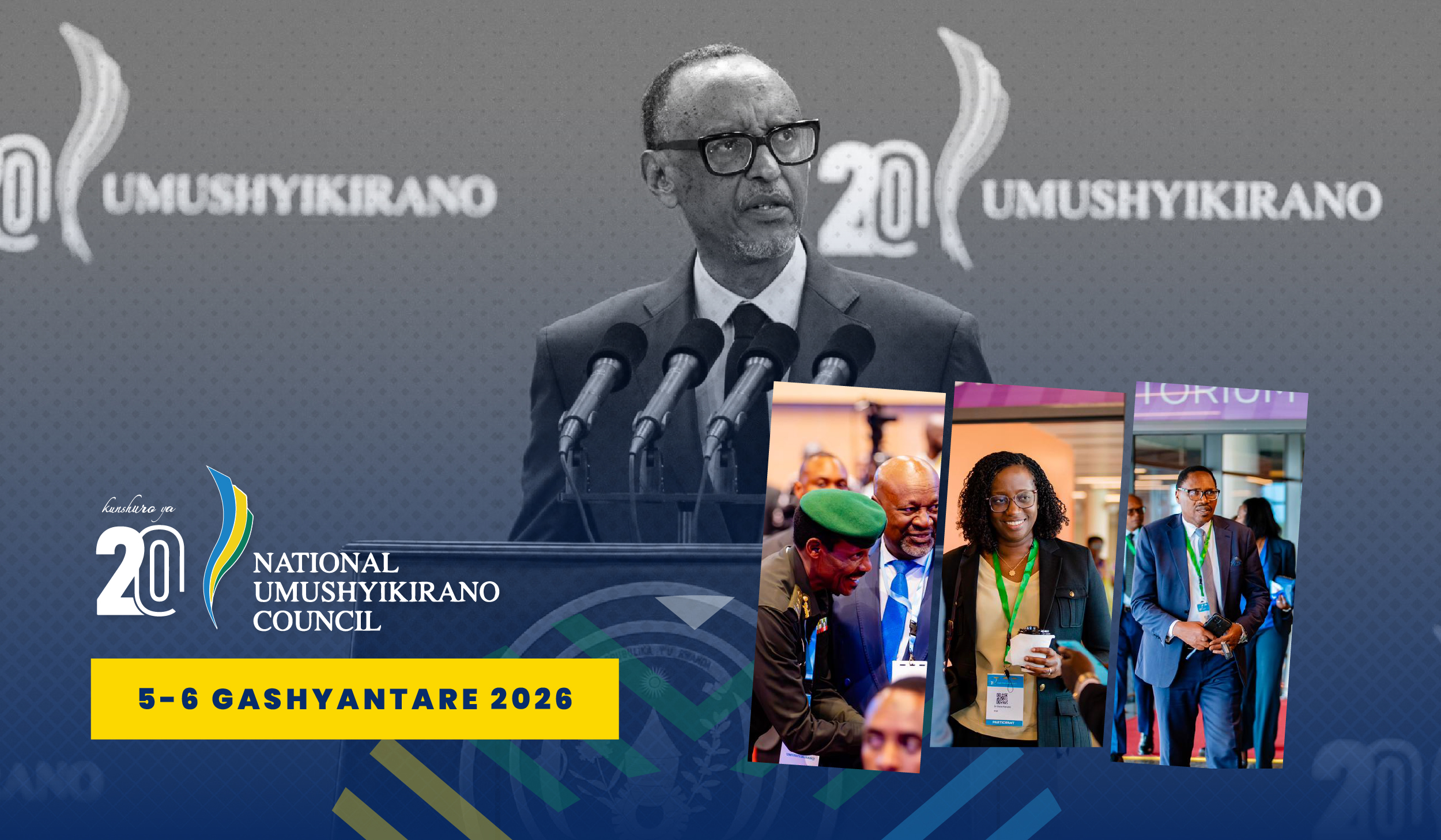
 Kinyarwanda
Kinyarwanda
 English
English
 Swahili
Swahili







